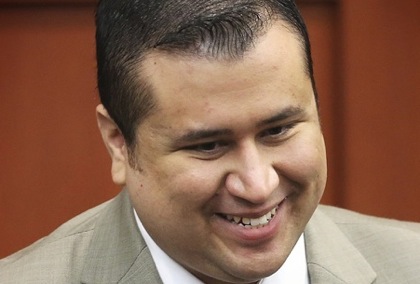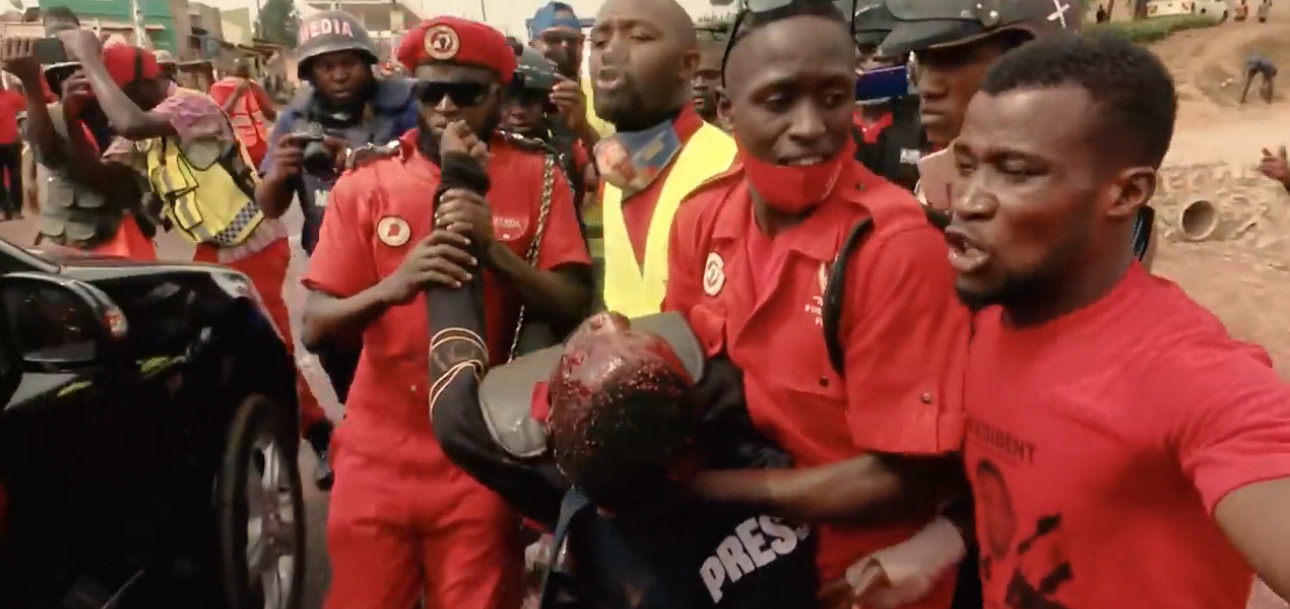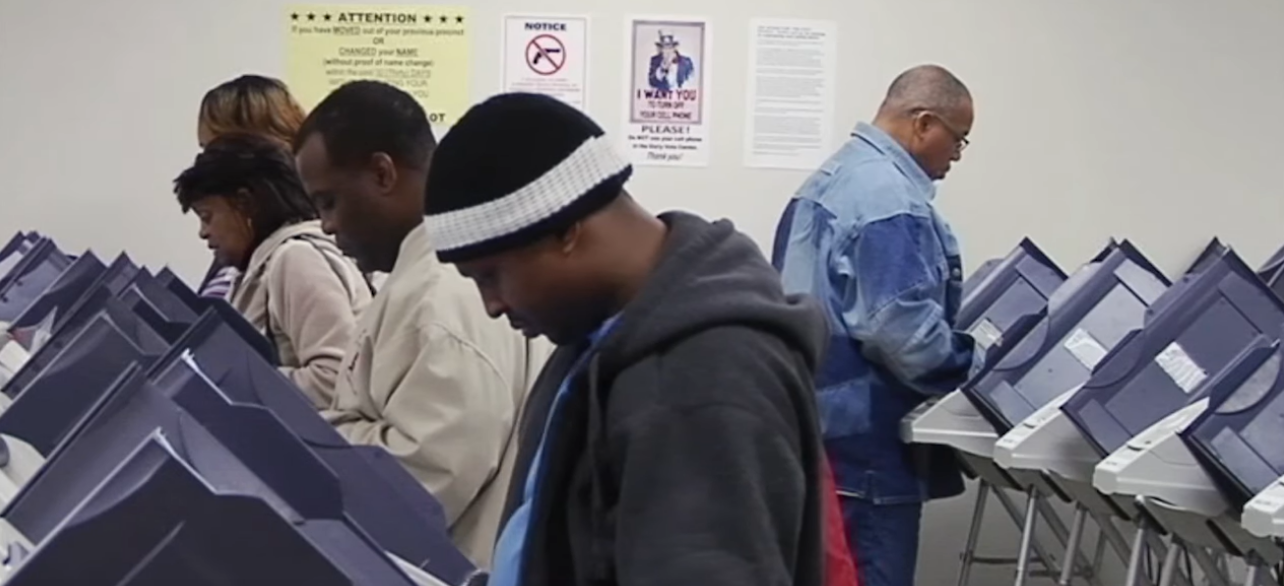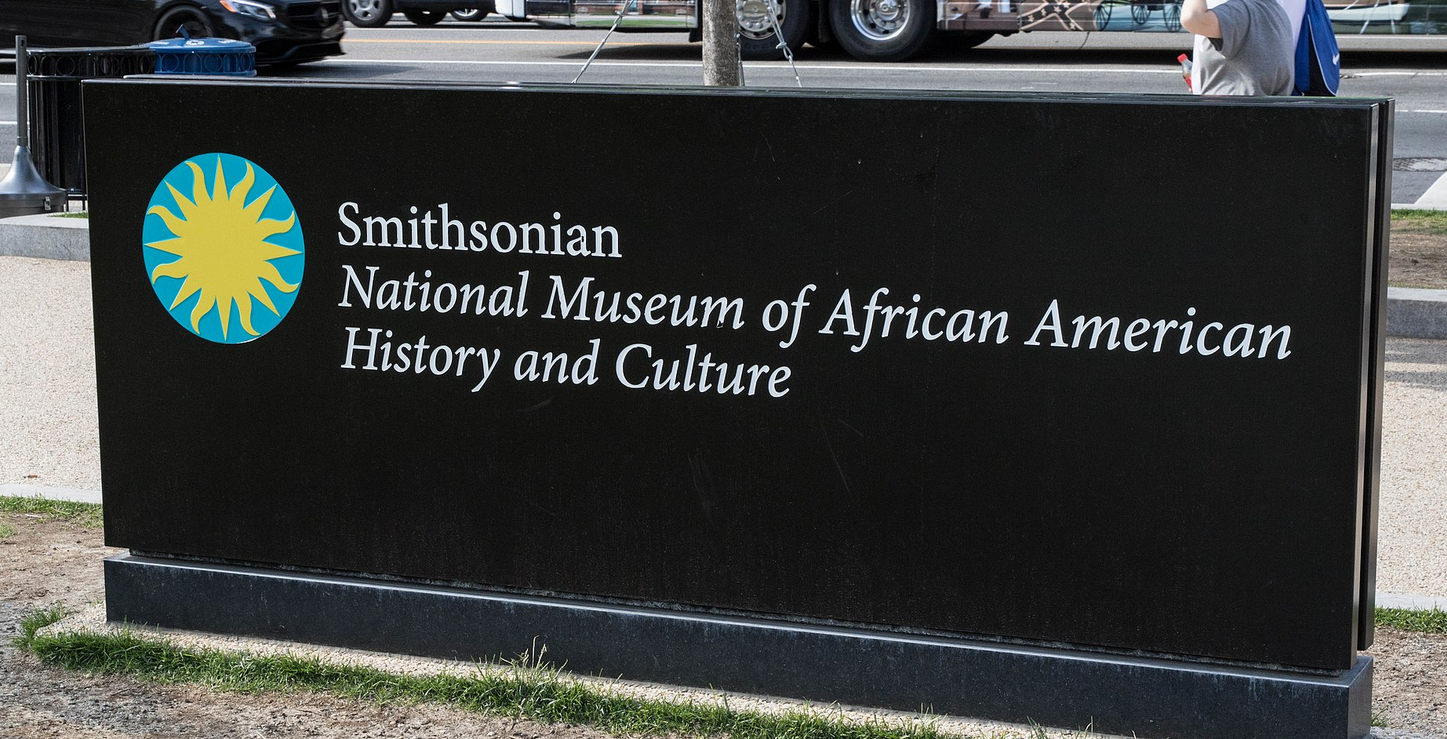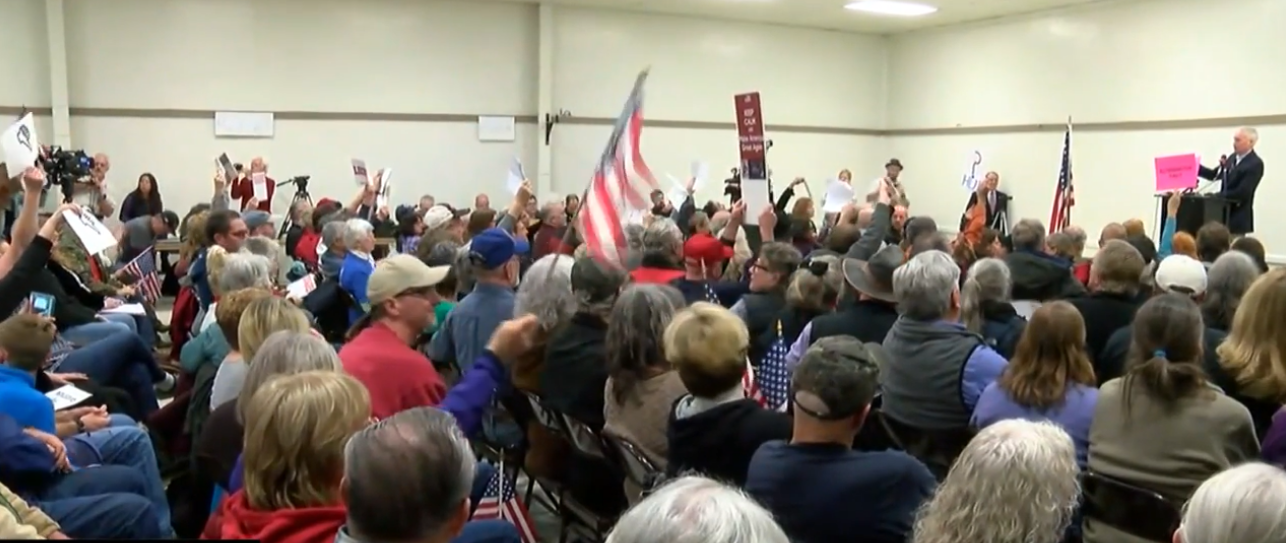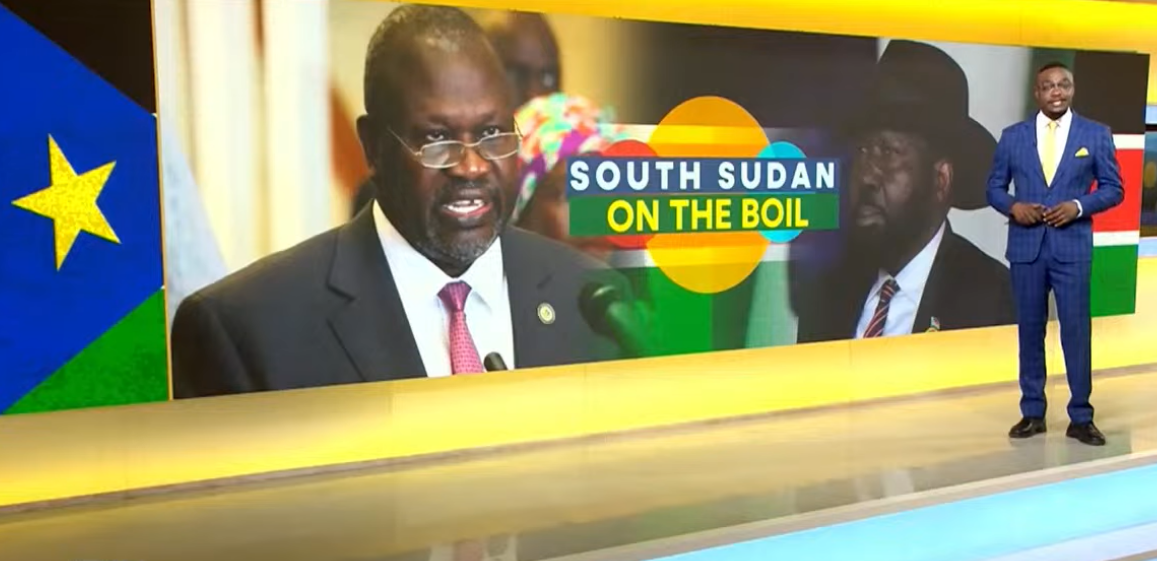Trayvon’s killer George Zimmerman
[Speaking Truth To Power]
This is the fifth of a continuing series in The Black Star News retracing the George Zimmerman killing of Trayvon Martin case from the beginning. Other publications write about such judicial abominations only when the tragedies are still on the front pages of all the large newspapers.
The pre-trial failures and strategic errors of the Angela Corey prosecution team in the Trayvon Martin case set the stage for yet another historic travesty of justice in a trial where race was the big, ugly, elephant in the room.
The first mistake made by prosecutors in the pre-trial phase of the case against George Zimmerman was not taking a critical position with respect to the “investigation” conducted by Sanford Police.
The decisions made by police here are examples of police work at its worse. To say Sanford Police botched their investigation may even be too kind. Their failures were numerous and may represent something more troubling than just shoddy police work.
Sanford Police failed to do basic things. For starters, they never canvassed the area properly—and in so doing never knocked on the door of the home where Trayvon was staying with his father. They failed to properly secure the crime scene from the inclement weather—it was a rainy night—and they never secured the truck of Mr. Zimmerman as part of the crime scene.
Primary witnesses—like Rachel Jeantel and 13-year-old witness Austin Brown—were not interviewed in a timely manner about the events of the night. Police never checked the rap sheet of Mr. Zimmerman—which included an arrest for assaulting a law enforcement officer, while apparently, under the influence of alcohol.
We believe, as a criminal justice major, George Zimmerman was able to psychologically con Sanford investigators into supporting his version of the events of the night of February 26, 2012. And, although, some claim race had no bearing in this case, many things tell us it did. Part of Mr. Zimmerman’s defense was stories about burglaries in the Retreat at Twin Oakes. Didn’t he really do this to conjure up the bogeyman stereotype of Black males as predicate criminal menaces to society? Aren’t most cops in America already hotwired to believe this very sentiment?
We say Trayvon’s color criminalized him in the eyes of George Zimmerman—and Sanford Police. From the time that happened, any notion of a thorough investigation went out the window. Worse of all, Zimmerman’s defense team utilized this very tactic on the virtually all-White jury, and with the other problems with this prosecution, were able to obtain an acquittal.
During the trial, and since then, many analysts complained of the way the prosecution botched various aspects of the case including their mishandling of Rachel Jeantel’s testimony—by not properly preparing her, and, their lack of preparation to refute the expert testimony of Dr. Vincent DiMaio.
Dr. DiMaio’s testimony that the forensic evidence indicated that George Zimmerman was telling the truth was never attacked. Especially, when Dr. DiMaio suggested the lack of injuries to Trayvon’s hand didn’t prove anything. Trayvon had only two small abrasions on his left hand. Why didn’t the prosecution confront this illogical notion? Why didn’t they use the findings of the funeral home director—along with the autopsy—to rebut the defense’s main expert witness?
“We could see no physical signs like there had been a scuffle [or] there had been a fight,” said Mr. Richard Kurtz, funeral director of the Roy Mizell and Kurtz Funeral Home. “The hands — I didn’t see any knuckles, bruises or what have you.” Mr. Kurtz also said the “story does not add up.” The lack of any serious bruises, shown in the autopsy report findings and in those of Mr. Kurtz, should have been explored fully to prove that Trayvon Martin did not repeatedly punch George Zimmerman.
Yet, we believe the prosecution’s inability, or refusal, to challenge the shoddy work of Sanford Police was the single major reason George Zimmerman was acquitted.
In this case, the actions of Inspector Chris Serino highlight, at best, the keystone cop nature of the Sanford Police’s “investigation.” Officer Serino’s schizophrenic behavior and findings are essential in understanding the outcome of this trial. His testimony severely hurt the chance for a conviction—and he should’ve been challenged by the prosecution for his awful police work.
On the stand, Inspector Serino claimed police did a through canvass. The fact no officer ever made it to the door where Trayvon was staying with his father—or talk to then 13-year-old Austin Brown another key eyewitness whose sister called 911—makes a mockery of this assertion. Was it just laziness at work here, or, did pigmentation prejudice creep in as well? Did the inspector tell a witness—as is alleged—that the person screaming on the 911 call was George Zimmerman? If he did, doesn’t this indicate a made up mind early on in the police “investigation?”
Officer Serino articulated he had no major problems with George Zimmerman’s version of events. If this is so, then, why, at one point, did he request Zimmerman be arrested for manslaughter? Inspector Serino flip-flopped in his opinion of whether he thought Zimmerman was criminally culpable on the stand—and pretended he never had doubts about Zimmerman’s story. But one interrogation tape, made by Inspector Serino, tells a different tale.
On February 29, 2012 Inspector Serino, and Officer Doris Singleton, interviewed Mr. Zimmerman. In that interview there are several instances where it is obvious Inspector Serino knows Zimmerman is not being truthful. Here are a few examples.
During the interview, Inspector Serino played the now infamous 911 call Zimmerman made that night—including the part where the dispatcher told him not to follow Trayvon. When Serino asked him why he got out of the car after this directive, Zimmerman said “I still wanted to get an address.” Mr. Zimmerman claimed he could not name one of the three streets in the development’s subdivision.
Inspector Serino then said “Once again, something else I’ve got to try to explain away. How do you not know the three streets in the neighborhood you been living in for three years. I don’t know how to answer that and I have to speak for you…How do I answer those kinds of gaps? How do I explain that one away?” The answer Zimmerman gave for this important question was: “To be honest with you I have a bad memory anyway.”
Besides the fact he lived there for three years, how could he not know the three streets in a community where he was the self-appointed community watch leader?
Moreover, the particular street in question is the main street in the development. Later, Inspector Serino asked him to describe the manner in which Trayvon was running away—at the time when he told the emergency dispatcher “shit he’s running.” Curiously, Zimmerman again said he couldn’t remember because he was “on the phone and it happened so quickly.”
Zimmerman also claimed he became fearful of Trayvon. But Inspector Serino reminded him in exiting his car to follow Trayvon he exhibited no fear. “That’s not fear, you know what I mean,” said Serino. “That’s one of the problems I have…It’s gonna be a problem.”
At this time, Officer Doris Singleton reminded Zimmerman that “the other day—night of killing—you told me you got out of the car because dispatch was asking your location and you wanted to orient yourself. You did not tell me that you said ‘oh shit he’s running’ and then got out of the car and went in that same direction, at the same time…You told me the reason you got out of your car was to get an address. And you decided to get the address a fraction of a second after you said oh shit he’s running.”
Officer Singleton comments indicate she didn’t believe Zimmerman’s claim of being afraid of Trayvon when she said “you’re concerned about walking pass this guy when you’ve already been chasing him…and he—the dispatcher—is telling you to go back to your car and you want to pretend, not pretend, you want us to believe that you’re concerned about having a flashlight to move back where you just ran.”
Both Inspector Serino and Officer Singleton highlighted serious doubts they had with Mr. Zimmerman’s story—on that recording. Yet, on the stand they pretend they had no major problems with the fables told by Zimmerman. Why? Was this their way of sabotaging the trial to cover-up sloppy police work—and to save face?
Next time we’ll explore that more and look at other reasons why Florida prosecutors lost their case against George Zimmerman.
